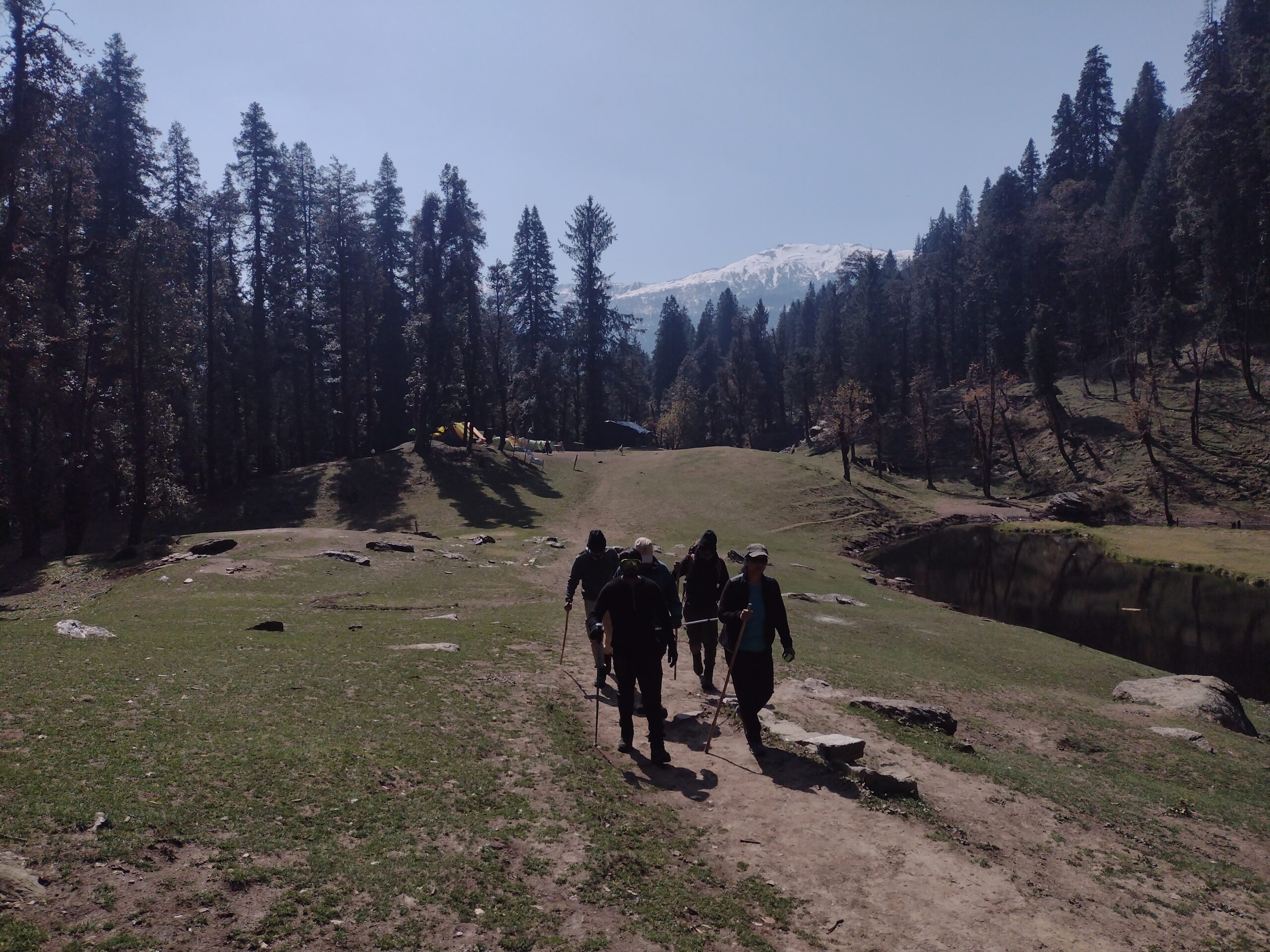Why Outdoor Camping & Trekking Are Essential for the Young Generation.
In today’s fast-paced digital world, outdoor camping and trekking offer young people a much-needed escape into nature. These activities build mental strength, physical fitness, and resilience. Away from screens, youth learn real-life skills—teamwork, problem-solving, survival techniques, and a deep appreciation for the environment.
Trekking challenges the body and mind, helping boost confidence and self-discipline, while camping fosters independence and responsibility. It also nurtures a spirit of adventure and a love for nature, which are often missing in modern urban lifestyles.
Encouraging the young generation to step outside is not just recreational—it’s essential for holistic growth.
Content
-
TOUR AND TRAVELS
-
TREKKING CAMPING AND OUTDOORS
-
ADVENTURE SPORTS
-
MOUNTAINEERING
-
ROCK CLIMBING ICE CLIMBING
-
PARAGLIDING
- WATER SPORTS
- SEARCH AND RESCUE
- CUSTOMISED TOUR PROGRAM
- HOTEL BOOKINGS AND TAXI SERVICES
Why the Young Generation is the Future of the World
The young generation holds the dreams, ideas, and energy that will shape tomorrow. They are the ones who will become the next leaders, innovators, educators, and changemakers. With access to technology, knowledge, and global connectivity like never before, today’s youth have the power to solve problems, drive progress, and create a more sustainable, inclusive, and just world.
Their choices, values, and actions today will define the direction our world takes tomorrow. Investing in the youth means investing in a better future for all.
Does Nature Play a Significant Role in Life? Absolutely.
Nature plays a deeply significant role in every individual’s life. It provides not only the basic necessities—air, water, food—but also contributes to mental peace, emotional balance, and spiritual well-being. Time spent in nature reduces stress, boosts creativity, improves focus, and strengthens our connection to the world around us.
In a world full of screens and schedules, nature reminds us to slow down, breathe, and reconnect with ourselves. Whether it’s a walk in the forest, the sound of rain, or the warmth of sunlight—nature heals, nurtures, and inspires.
🌿 Impact of Nature on the Human Mind and Work Performance
Nature has a powerful effect on the human mind and overall productivity. Spending time in natural environments—or even viewing greenery—helps reduce stress, anxiety, and mental fatigue. It improves mood, emotional stability, and encourages a calmer, more focused mindset.
From a working perspective, nature boosts concentration, creativity, and decision-making. Employees or students exposed to natural settings often experience better motivation, performance, and job satisfaction. Breaks in natural surroundings can refresh the brain, leading to improved efficiency and mental clarity.
In short, nature restores the mind and recharges the ability to work better.
🧗♂️ Role of Adventure Sports in Raising Confidence
Adventure sports like trekking, rock climbing, rafting, and paragliding push individuals beyond their comfort zones. These activities involve facing fears, making quick decisions, and overcoming physical and mental challenges. As a result, they build self-belief, resilience, and courage.
Successfully completing an adventure activity gives a powerful sense of achievement, which boosts confidence and self-esteem. It teaches individuals to trust themselves, stay calm under pressure, and take control in uncertain situations—skills that translate into everyday life.
In short, adventure sports empower people to believe: “If I can do this, I can do anything.”
📱 Has the Mobile Revolution Reduced Interest in Adventure Sports Among Youngsters?
Yes, to an extent, the mobile revolution has led to a decline in interest in outdoor and adventure sports among many youngsters. With smartphones, gaming, and social media easily accessible, young people often find instant gratification and entertainment in the digital world—reducing their urge to explore the outdoors.
This shift has led to less physical activity, reduced attention spans, and weaker connections with nature. Many youth now prefer virtual experiences over real-life challenges. As a result, interest in adventure sports, which require effort, time, and real-world interaction, has seen a dip.
However, the good news is that awareness is growing. Many schools, camps, and organizations are now encouraging digital detox programs, outdoor treks, and adventure activities to help young people rediscover the thrill and benefits of the natural world.


Comments are closed